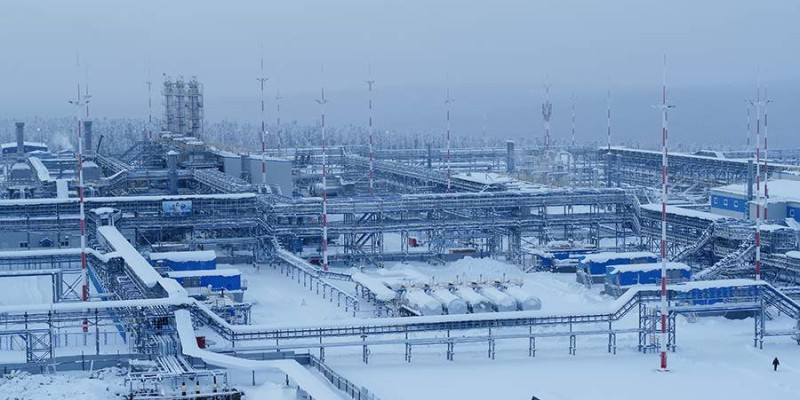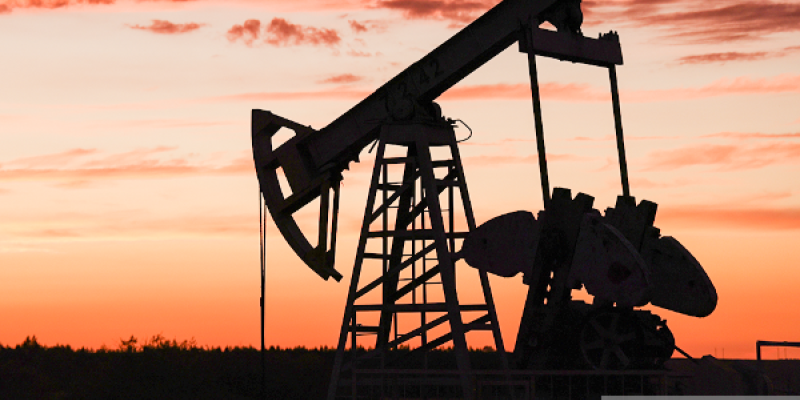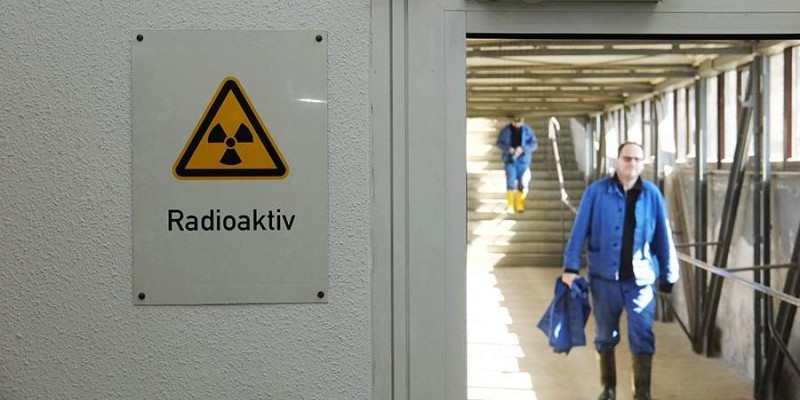SCO & BRICS latest news and insights
Its now become pretty obvious to anybody who pays attention to what is going on in the World that the US despite the rhetoric of its politicians has now lost its role as the Global Hegemon as around the globe countries large and small ignore is directives,commands and appeals.
It is becoming inc...
Today I want to look at the BRICS and its influence in Latin America which traditionally has been the domain of the USA. Although only one Latin America country is a member of the BRICS alliance a number of others have either applied for or expressed interest in joining the organisations
So what is...
The United Sates Congress has put forward legisaltion that wants sanctions to be imposed on Russian helium exports . The objective is to prevent Moscow from becoming one of the World's top three producers . Now Russia is actively increasing production of this strategic resource, which is vitally im...
It is fair to say that we are living in very interesting times. The population currently between the ages of forty and sixty has had the opportunity to observe the emergence and subsequent discrediting of the foundational myths that have played a pivotal role in the downfall of empires and the trans...
Turkey has yet again affirmed its intention to try to join the BRICS and it has been confirmed that the Turkish President will attend the BRICS Summit in the Russian city of Kazan in October.
The BRICS leaders that have confirmed their attendance incluse Xi Janping, of China,Narndra Modi of India,...
Putin proposes sanctions on the West and the Media goes crazy
At recent cabinet meeting with the Russian government, it was repeorted that President Vladimir .
Putin proposes sanctions on the West and the Media goes crazy
At recent cabinet meeting with the Russian government, it was repeorted th...






